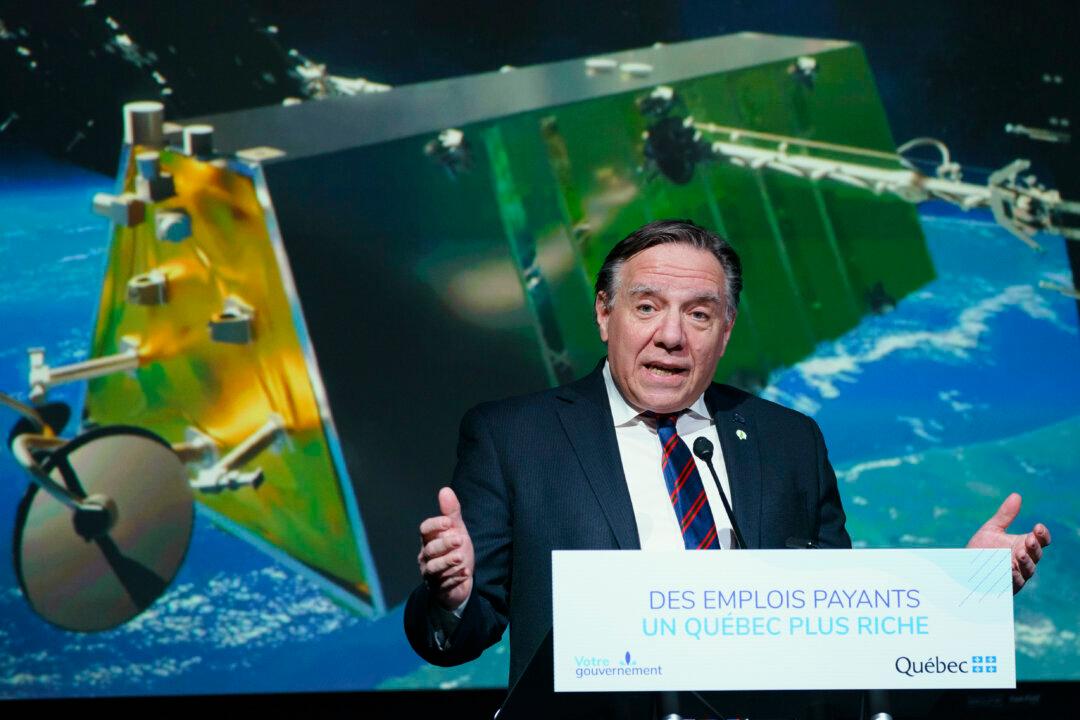Elon Musk says his company SpaceX’s satellite internet service Starlink would be able to provide coverage to Canadian households for “less than half” the cost of a recently announced multibillion-dollar government loan to Montreal-based satellite operator Telesat to provide that service.
Musk was responding to Conservative MP Michael Barrett, who in a Sept. 14 post on X challenged the government investment. The combined $2.54 billion loan to Telesat consists of $2.14 billion from Ottawa and $400 million from the Quebec government.





